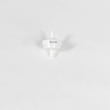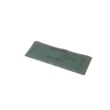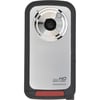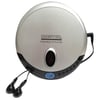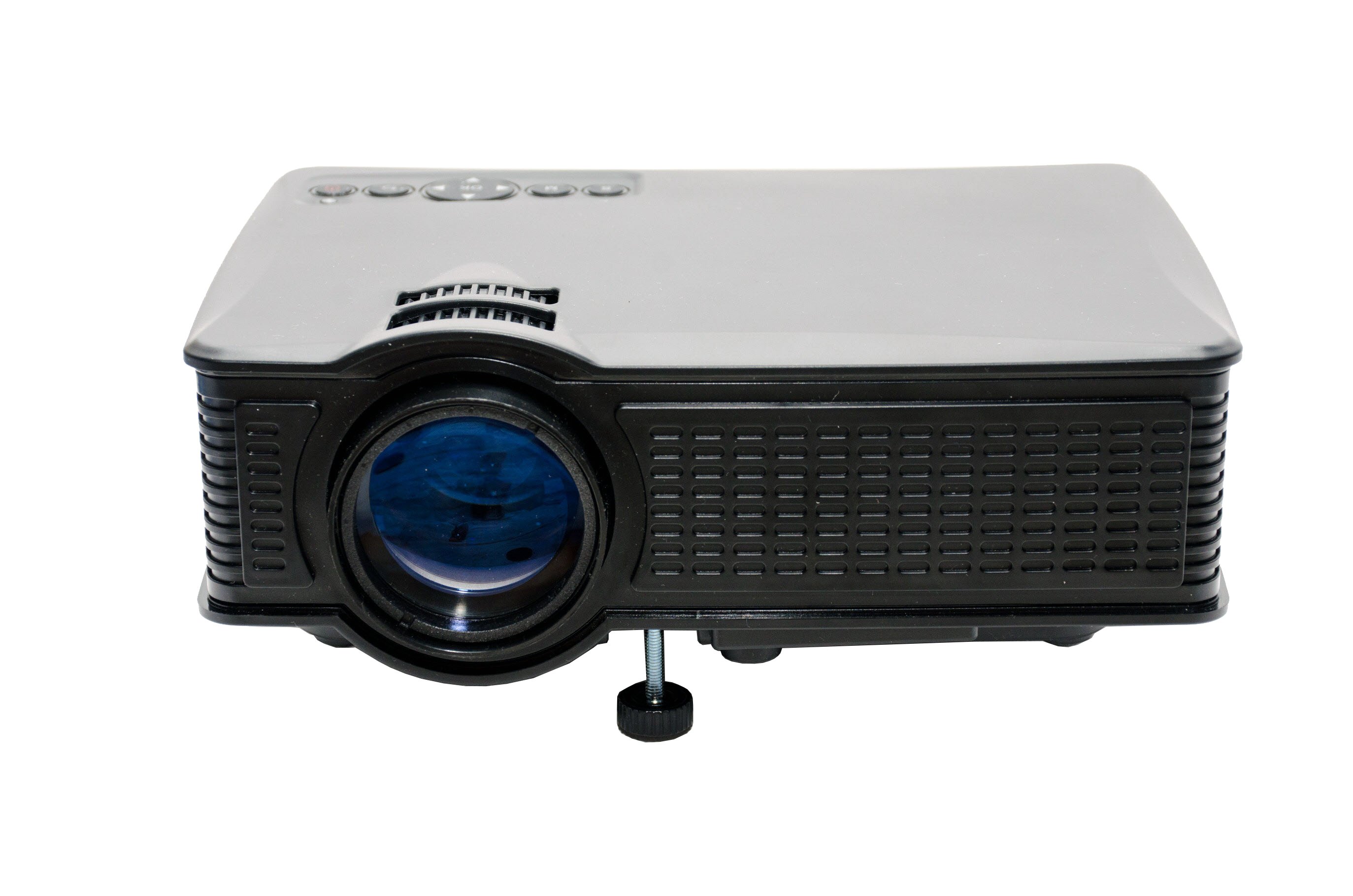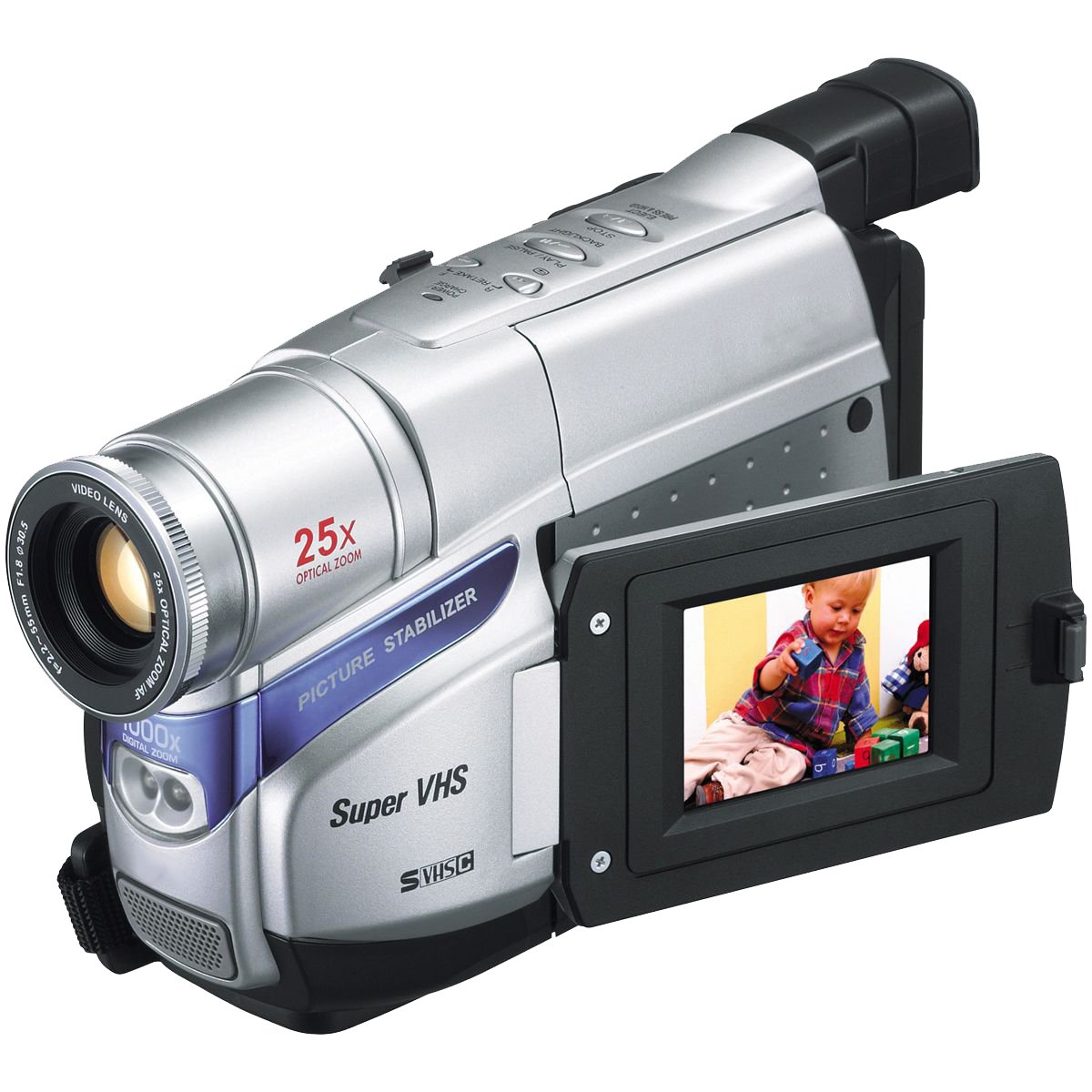- Kenmore refrigerator water filters
- Whirlpool refrigerator water filters
- Samsung refrigerator water filters
- GE refrigerator water filters
- LG refrigerator water filters
- Frigidaire refrigerator water filters
- KitchenAid refrigerator water filters
- Maytag refrigerator water filters
- Kenmore Elite refrigerator water filters
- Estate refrigerator water filters
- GE Profile refrigerator water filters
- Amana refrigerator water filters
- Bosch refrigerator water filters
- Dacor refrigerator water filters
- Electrolux refrigerator water filters
Your Ricoh CD player or camcorder relies on a complex setup of intricate parts that can suffer from a variety of both mechanical and electronic problems. Sears PartsDirect has quality Ricoh replacement parts for CD players and camcorders.
Ricoh product parts
More Ricoh product parts
| Ricoh audio equipment Parts |
| Ricoh camcorders Parts |
| Ricoh office Parts |
We carry parts for these popular Ricoh models
Issues that are common to CD players
- Dirty disc—One of the most common problems that CD players experience doesn't actually involve the CD player. Dirty or scratched discs can cause skipping while trying to play tracks, or it can cause the CD player to not play any tracks at all. Cleaning a dirty disc off is simple as long as you use a nonabrasive cleaner and a clean rag.
- Dirty lens—The lens is the small piece of circular glass below the spinning CD. It focuses the laser that reads the disc content. The lens can become dirty or scratched, causing the laser to either misread discs or not read them at all. If the scratch in the lens is too deep or the lens is cracked, then it will need to be replaced.
- Broken belt—The disc sits on a carousel that spins it around, and this spinning is caused by a tiny drive belt that connects to the motor. This belt can crack and rip over time, causing it to break. It can also break when you stop a spinning CD abruptly with your finger. In either case, you'll need to remove the back casing and circuit board to replace the belt.
- Malfunctioning motor—Your CD player has an electrically driven motor that can burn out over time. Determining exactly what went wrong with the motor will dictate if it can be repaired or if it needs to be replaced.
- Electronics issues—There are all sorts of transistors, diodes and other electronics in CD players that can burn out. You can use a multimeter to check each piece for electrical connectivity.
Common problems with your VCR camcorder
Your camcorder is a unique piece of technology in that it's a true fusion of electronic and mechanical parts. VCR tapes are an analog medium for audio/video recording and require extra mechanical parts that a digital counterpart doesn't need. These mechanical parts, such as the components that turn the tape in the case, the heads that read and write to the tape and the loading/ejection system for the tape, are all susceptible to physical damage if the camcorder falls or is dropped. Another issue with analog recording is the tracking. Tracking the tape properly while recording can become next to impossible if the heads aren't in near mint condition.
